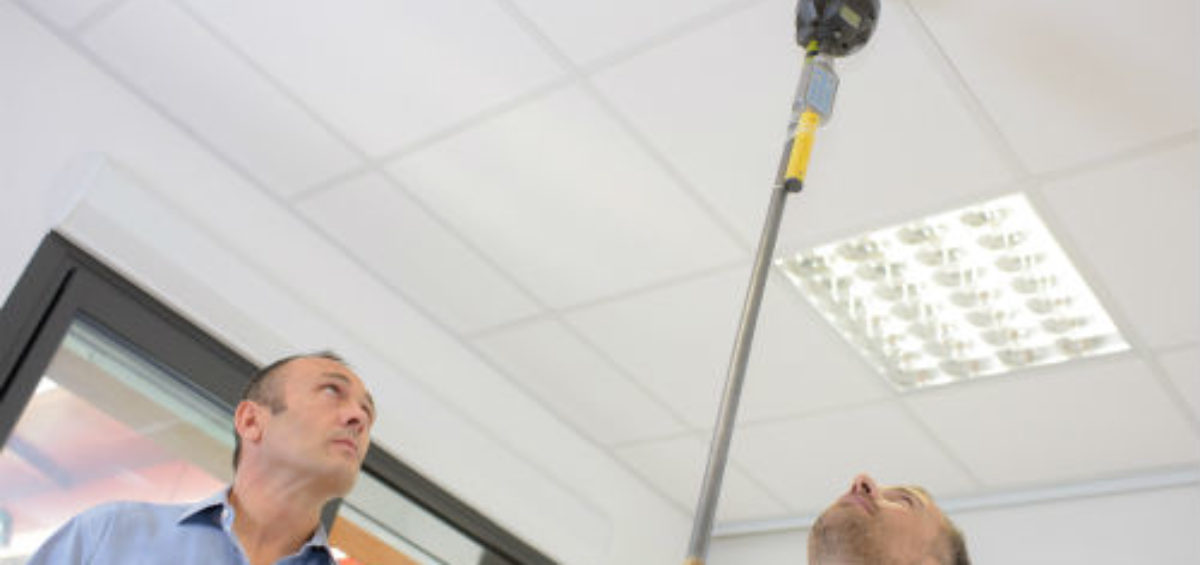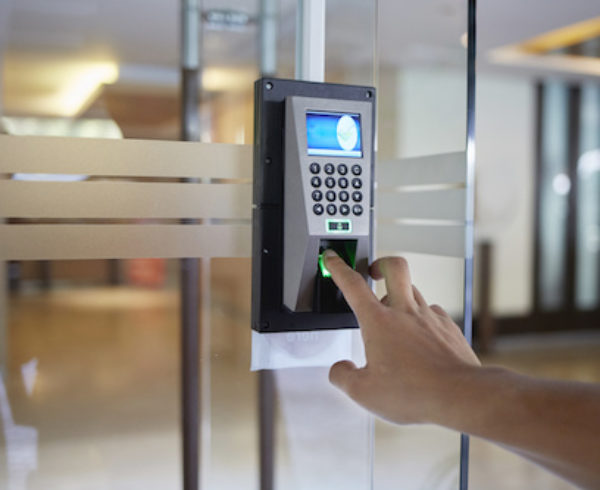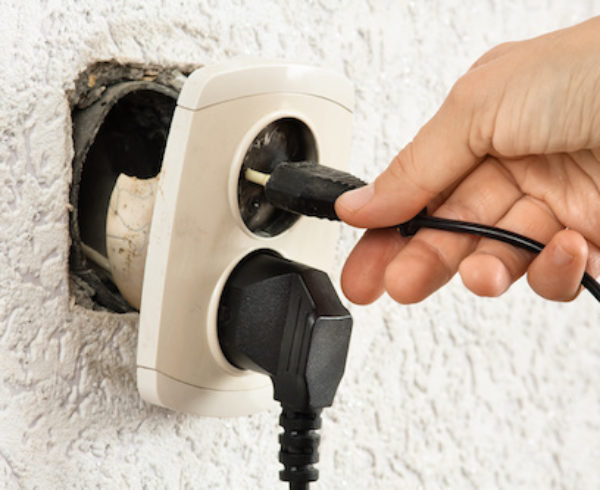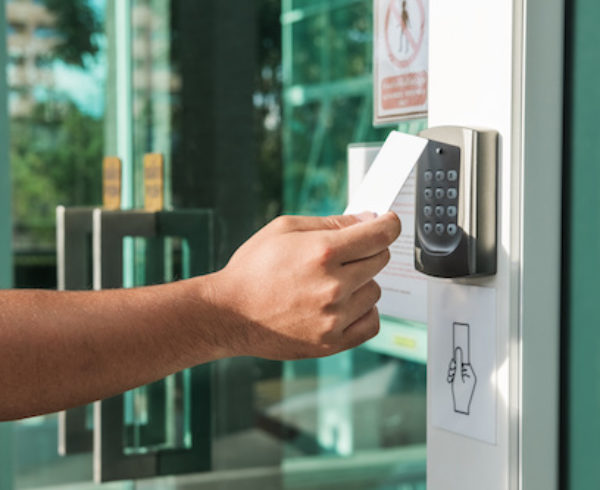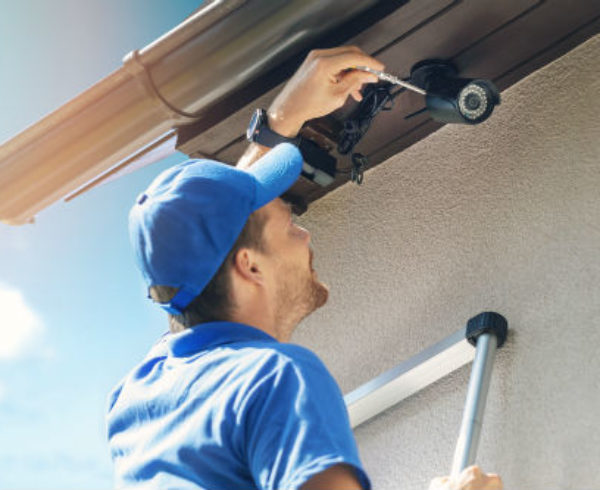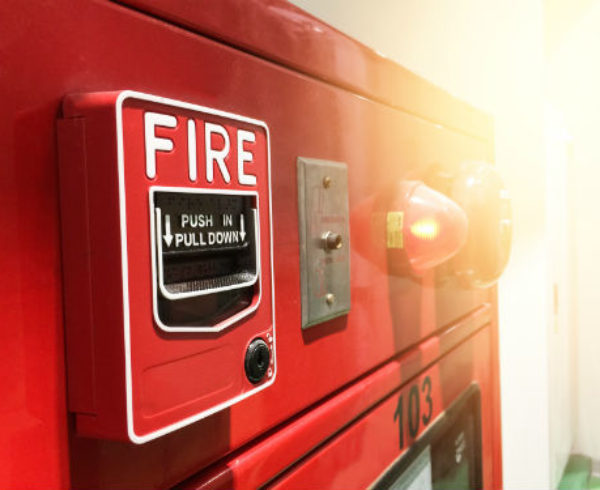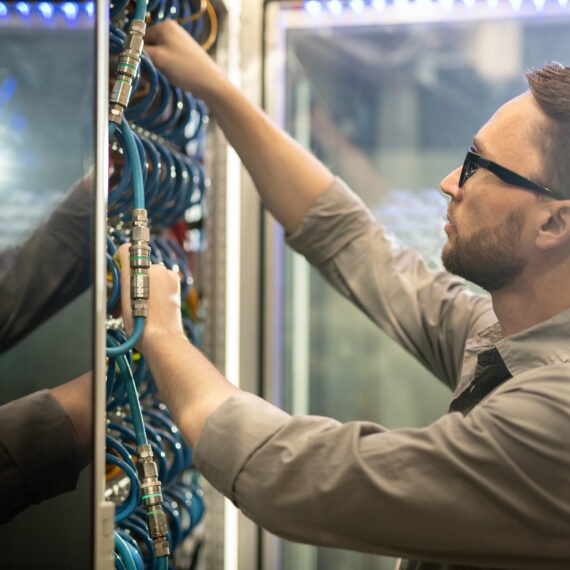Fire alarms have to be inspected regularly for obvious reasons. It doesn’t do any good to have a fire alarm system in place if one part of it isn’t functioning correctly. One of the roles of fire alarm systems technicians is to regularly inspect these systems, test them and make any necessary adjustments. These inspections are very in-depth, and we’ve covered a few of the most important components inspectors must evaluate with each system.
Phone Line Test
Phone lines have to be tested to ensure proper communication occurs when a fire alarm panel is activated. When a fire alarm is activated, a call goes to the monitoring station, then to the dispatcher and finally to the fire chief. The fire alarm inspectors will document the time it takes to get through each of these steps to ensure the phone lines are operating as efficiently as possible.
Battery Backup Functionality
Every fire alarm panel will have a backup battery in the event power gets lost at any time. These batteries are always tested during an inspection, and many times they are replaced simply to ensure fresh batteries are installed and will be functional if they are needed. Each fire alarm panel is different, but some of the backup batteries can be used to test other components during the inspection as well.
Sound Testing
During an inspection, fire alarm systems technicians will typically test the sound outside of normal business hours of a building. Fire alarms are extremely loud in order to alert everyone in the building of a fire, no matter where they are inside the building. The inspector will check every floor and every room to make sure the sound is loud enough and to also inspect the strobe lights that activate when the alarm sounds.
Heat Detectors and Sensitivity Inspection
Inspectors will also inspect heat detectors and conduct smoke sensitivity tests during routine fire alarm inspections. The objective in these inspections is to ensure a signal is being sent from the detector to the actual fire alarm panel. At that point, the panel will send its appropriate signals to the monitoring station and beyond.
HVAC Unit Shut Off
One of the final components fire alarm inspectors look at is the HVAC unit. When a fire alarm is activated, all HVAC systems should shut down to stop air flow. Too much air movement can cause fires to spread quickly, so fire alarm inspectors must ensure the units turn off when the fire alarm sounds.
At Anistar Technologies, we have a wide range of experience working with individuals and companies to fit their IT needs. Fire alarm inspectors are important in more ways than one, and there’s always a need for them. Many IT professionals have the experience needed to be an inspector, so it’s a great way to get some additional exposure and income outside of your full-time job. We have access to many different opportunities, so feel free to contact us at any time to see how we can help your career.

